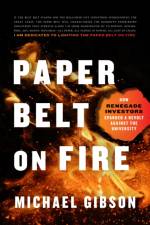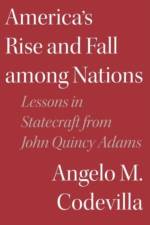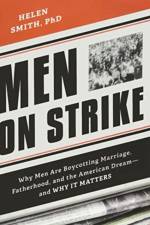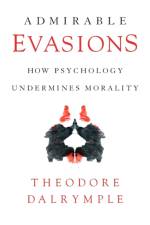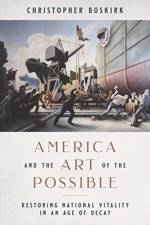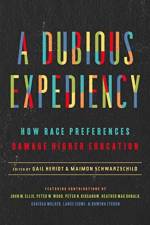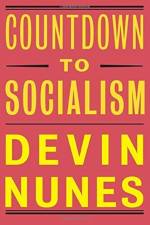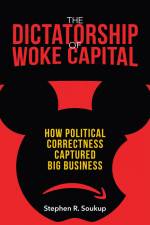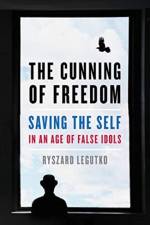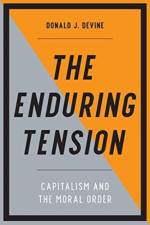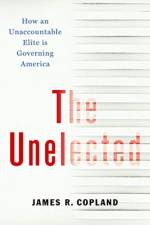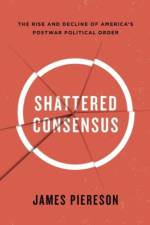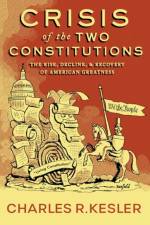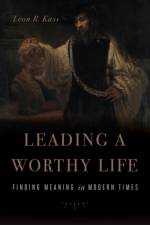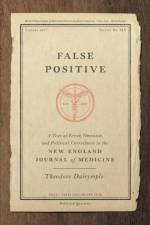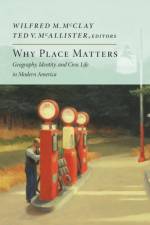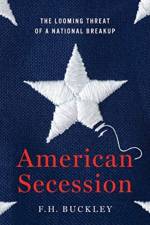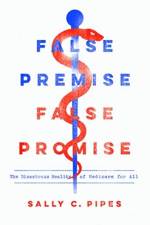- The Rise, Decline, and Recovery of American Greatness
av Charles R. Kesler
357
American politics grows embittered because it is increasingly torn between two rival constitutions, two opposed cultures, two contrary ways of life. American conservatives rally around the founders' Constitution, as amended, and as grounded in the natural and divine rights and duties of the Declaration of Independence. American liberals herald their "living Constitution," a term that implies the original is dead or superseded, and that the fundamental political imperative is constant change or "transformation" (as President Obama called it) toward a more and more perfect social democracy, made possible by man's increasingly god-like control of his own moral evolution.Crisis of the Two Constitutions details how we got to and what is at stake in our increasingly divided America. It takes controversial stands on matters political and scholarly, describing the political genius of America's founders and their efforts to shape future generations through a constitutional culture that included immigration, citizenship, and educational policies. Then it turns to the attempted progressive refounding of America, tracing its accelerating radicalism from the New Deal to the 1960s' New Left to today's unhappy campus nihilists. Finally, the volume appraises American conservatives' efforts, so far unavailing despite many famous victories, to restore the founders' Constitution and moral common sense. From Ronald Reagan to Donald Trump, what have conservatives learned and where should we go from here?Along the way, Charles R. Kesler, editor of the Claremont Review of Books, argues with critics on the left and right, and refutes fashionable doctrines including relativism, multiculturalism, and neoconservatism, providing in effect a one-volume guide to the increasingly influential Claremont school of conservative thought by one of its most engaged thinkers.


